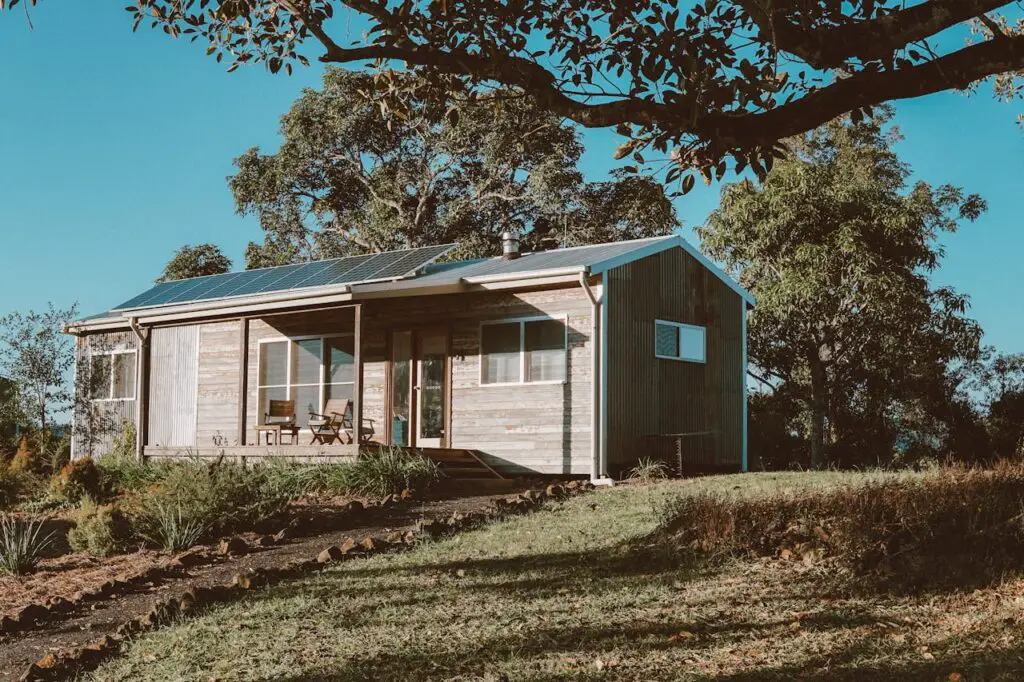How to Live Comfortably on a Fixed Income: 9 Tips That Make It Easier

Living on a fixed income can sometimes feel like walking a tightrope. You have to balance your needs, wants, and unexpected expenses, all while making sure you never outspend what you bring in. For many Americans—whether retired, living on Social Security, or relying on pensions—stretching every dollar has become a reality. The good news? Living well on a fixed income is not only possible, it can be surprisingly rewarding with the right strategies. It is about making smart, intentional choices that bring you peace of mind and keep your lifestyle both comfortable and enjoyable.
Here are nine practical tips to help you thrive—not just survive—on a fixed income.
1. Create a Realistic, Trackable Budget

Think of your budget as your financial road map. Start by listing every source of income you receive each month—whether it is Social Security, a pension, retirement savings, or other steady funds. Next, outline your monthly expenses, starting with the essentials like housing, utilities, insurance, and healthcare. Then, factor in optional expenses such as entertainment, dining out, or hobbies. Use a spreadsheet, budgeting app, or even a pen-and-paper calendar to keep track. When you can clearly see where your money goes, you are far less likely to run into unpleasant surprises. A solid budget is the foundation for living comfortably on a fixed income.
2. Live Below Your Means on Purpose

The secret to making a fixed income stretch is living slightly below your means. Aim to keep your expenses at least 20 to 25 percent lower than your income, giving you breathing room for savings or emergencies. This may mean swapping expensive restaurant dinners for cozy home-cooked meals, or choosing free local community events instead of costly outings. It is not about depriving yourself—it is about choosing what truly adds value to your life and trimming away the rest. Living below your means creates both peace of mind and a cushion for the unexpected.
3. Cut or Eliminate Debt

Debt is like a leaky faucet in your financial house—it constantly drains your resources. High-interest credit cards, lingering medical bills, and personal loans can all eat away at your monthly income. Tackling debt now gives you more money for the things you actually want and need. Start by paying off high-interest balances first and consider consolidating debt if it makes repayment easier. If you are feeling overwhelmed, nonprofit credit counseling services can help. Every step toward reducing debt brings more freedom and less stress into your daily life.
4. Downsize or Optimize Your Living Situation

Housing often eats up the largest portion of a fixed-income budget. Take a hard look at your living situation and ask yourself: Do I really need all this space? Downsizing to a smaller home or apartment can save money on property taxes, insurance, maintenance, and utilities. For some, relocating to a more affordable neighborhood or senior-friendly community may make sense. A smaller, easier-to-maintain home does not just save money—it also simplifies your daily life and can free up time and energy for the things you enjoy most.
5. Slash Fixed Expenses with Smart Habits

It is easy to overlook fixed monthly costs, but small changes can add up to big savings. Review your phone, internet, and insurance bills regularly to see if you can find cheaper options. Many people discover they are paying for subscription services they rarely use, so canceling unused streaming platforms or memberships can put extra cash back in your pocket. Use grocery rebate apps, clip digital coupons, and take advantage of senior or loyalty discounts when shopping. These little changes may not feel like much at first, but together, they can free up hundreds of dollars a year.
6. Take Advantage of Benefit Programs and Discounts

Do not leave money on the table. Many Americans living on fixed incomes qualify for programs that help reduce costs for essentials like healthcare, medications, housing, and food. Programs like SNAP (Supplemental Nutrition Assistance Program), Medicaid, and utility assistance programs can provide real relief. The National Council on Aging offers a free tool called BenefitCheckUp to help you identify programs you might qualify for. And do not forget to ask about senior discounts—many restaurants, grocery stores, and retailers offer them, even if they do not advertise. A simple question at checkout can save you money every month.
7. Explore Additional Income Streams

Just because you are on a fixed income does not mean you cannot boost your cash flow. A small side hustle can make a big difference without overwhelming your schedule. Consider options that suit your interests and abilities, such as tutoring, pet sitting, freelancing skills you already have, or selling crafts online. Even a few extra hours a week can give you more breathing room in your budget. Just be sure to check how additional income might affect your taxes or eligibility for certain benefits.
8. Protect Against Inflation with Safe Investments

A fixed income can feel tighter over time as prices for groceries, gas, and healthcare continue to rise. To protect your purchasing power, look into safe investments like Treasury Inflation-Protected Securities (TIPS) or Series I Bonds. These financial tools are designed to keep pace with inflation, so your money retains its value. Creating a “ladder” of these investments can provide a steady, inflation-adjusted income stream. It is a smart way to stretch your dollars further and ensure your lifestyle remains comfortable in the years ahead.
9. Build and Maintain an Emergency Fund

Life is full of surprises—some welcome, others not so much. That is why an emergency fund is one of the best tools for living well on a fixed income. Aim to set aside at least three to six months of essential expenses in a savings account that is easy to access. This fund can cover unexpected medical bills, car repairs, or home maintenance without forcing you to dip into credit cards or retirement savings. Knowing you have a cushion set aside will give you peace of mind and make everyday living much less stressful.
Final Thoughts

Living on a fixed income does not have to mean constantly worrying about money. With the right approach, it can actually feel freeing—you know exactly what you have to work with, and you can make choices that fit your lifestyle and values. The nine tips above are not about cutting out joy or living frugally to the point of misery. They are about being intentional, prioritizing what matters, and making your money work smarter for you.
Start small. Pick one or two tips that resonate most and gradually add more as you go. Over time, you will notice your financial stress shrinking and your sense of control growing. Remember, you have worked hard to earn this stage of life—you deserve to enjoy it with comfort, dignity, and peace of mind.
Leave a Reply